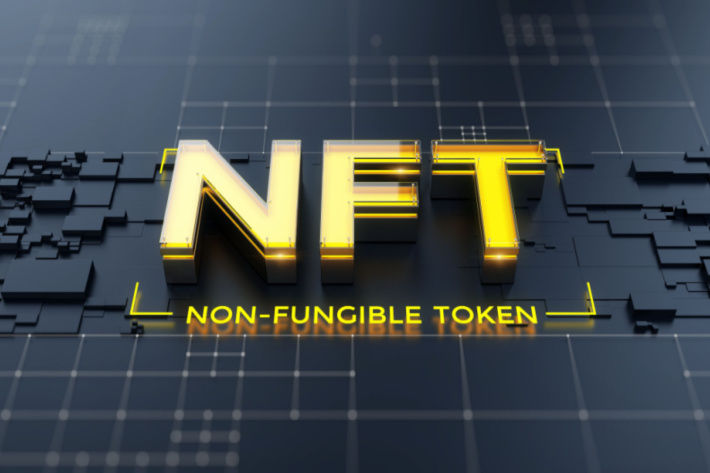Shanghai is on its way to become China’s leading city in supporting the development of Non-Fungible Tokens (NFTs), according to a recently released official guideline. Despite reservations from China’s top financial associations, Shanghai’s municipal government said it “supports leading enterprises to explore and establish NFT trading platforms”.
Last April, China’s major financial industrial associations had recommended that NFTs must not be used for securitisation nor be traded with cryptocurrencies, which have been banned in the country. However, this has not prevented Shanghai from its aim of exploring the world of NFTs. Its municipal government said it “supports leading enterprises to explore and establish NFT trading platforms”, as per the city’s 14th Five Year Plan on digital economy development that was released recently.
The guidelines also refer to developing metaverse-related businesses, supporting research into core technologies such as avatars, virtual reality, mixed reality, and 3D scanning. Virtual live shows, virtual idols, and other types of digital entertainment will also be promoted, according to the guideline. Shanghai plans to raise the value of its digital economy by RMB 3 trillion ($446 billion) by the end of 2025, aiming to have it represent more than 60 per cent of the city’s overall economy.
Shanghai is on its way to become China’s leading city in supporting the development of Non-Fungible Tokens (NFTs), according to a recently released official guideline. Despite reservations from China’s top financial associations, Shanghai’s municipal government said it “supports leading enterprises to explore and establish NFT trading platforms”.
The Shanghai government intends to use NFTs as a tool for IP protection in the long run. It proposes the city to take the lead in researching and endorsing the “the digitisation of assets like NFTs, the global circulation of digital intellectual property, and the digital authentication of ownership”.
However, the guideline does not permit the presence of international NFT marketplaces like OpenSea in China. Only private, consortium blockchains controlled by trusted institutions will be allowed.
Tech companies like Tencent, Alibaba, and Baidu have created their own marketplaces for “digital collectibles”, where consumers can buy them only using the country’s fiat currency and are prohibited from secondary trading, according to Chinese media reports. Fiat currency is not backed by any physical commodity such as gold or silver but is backed by the government that issued it.
Fibre2Fashion News Desk (NB)
























































![Key Metrics for Social Media Marketing [Infographic] Key Metrics for Social Media Marketing [Infographic]](https://www.socialmediatoday.com/imgproxy/nP1lliSbrTbUmhFV6RdAz9qJZFvsstq3IG6orLUMMls/g:ce/rs:fit:770:435/bG9jYWw6Ly8vZGl2ZWltYWdlL3NvY2lhbF9tZWRpYV9yb2lfaW5vZ3JhcGhpYzIucG5n.webp)

















